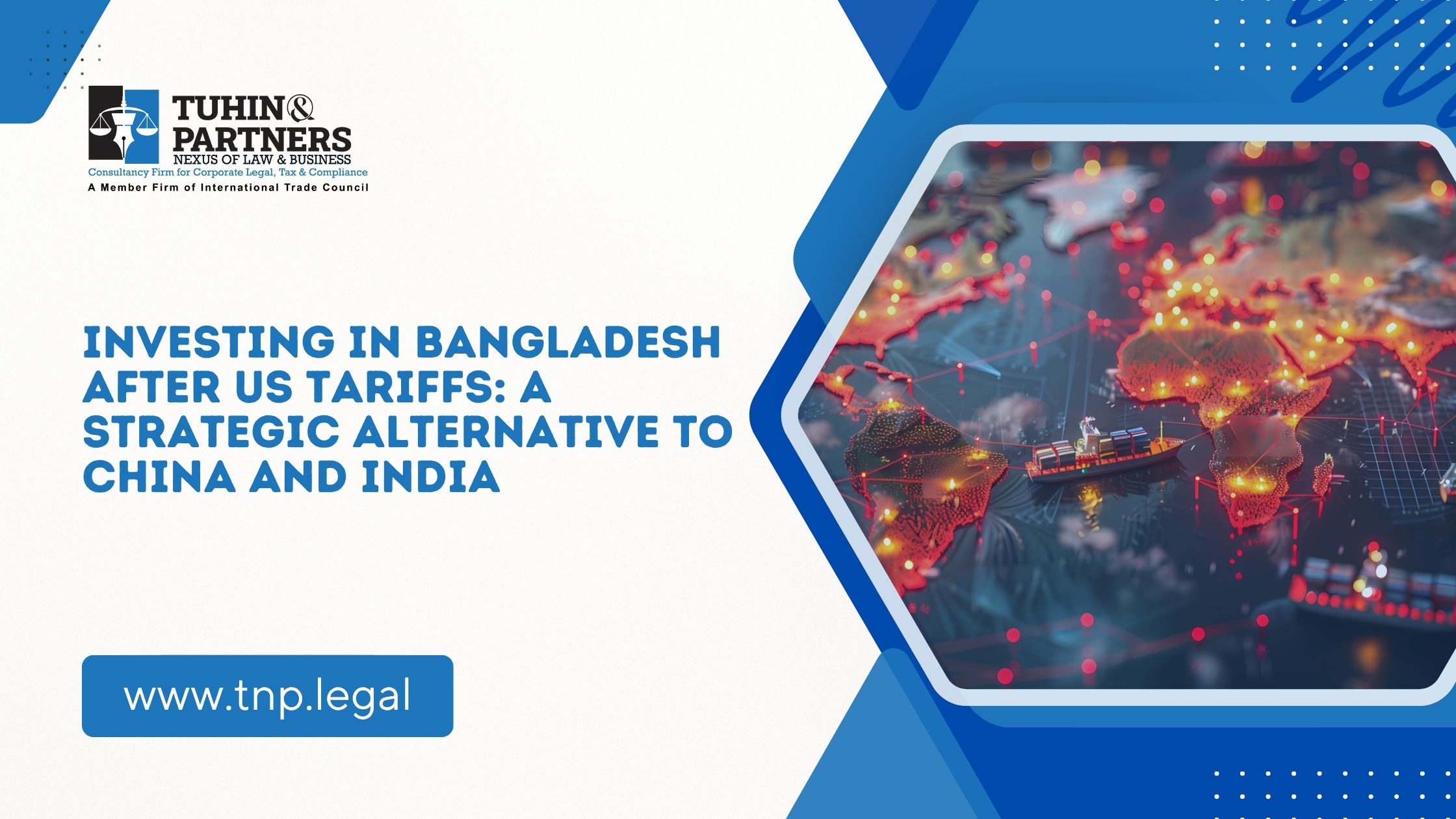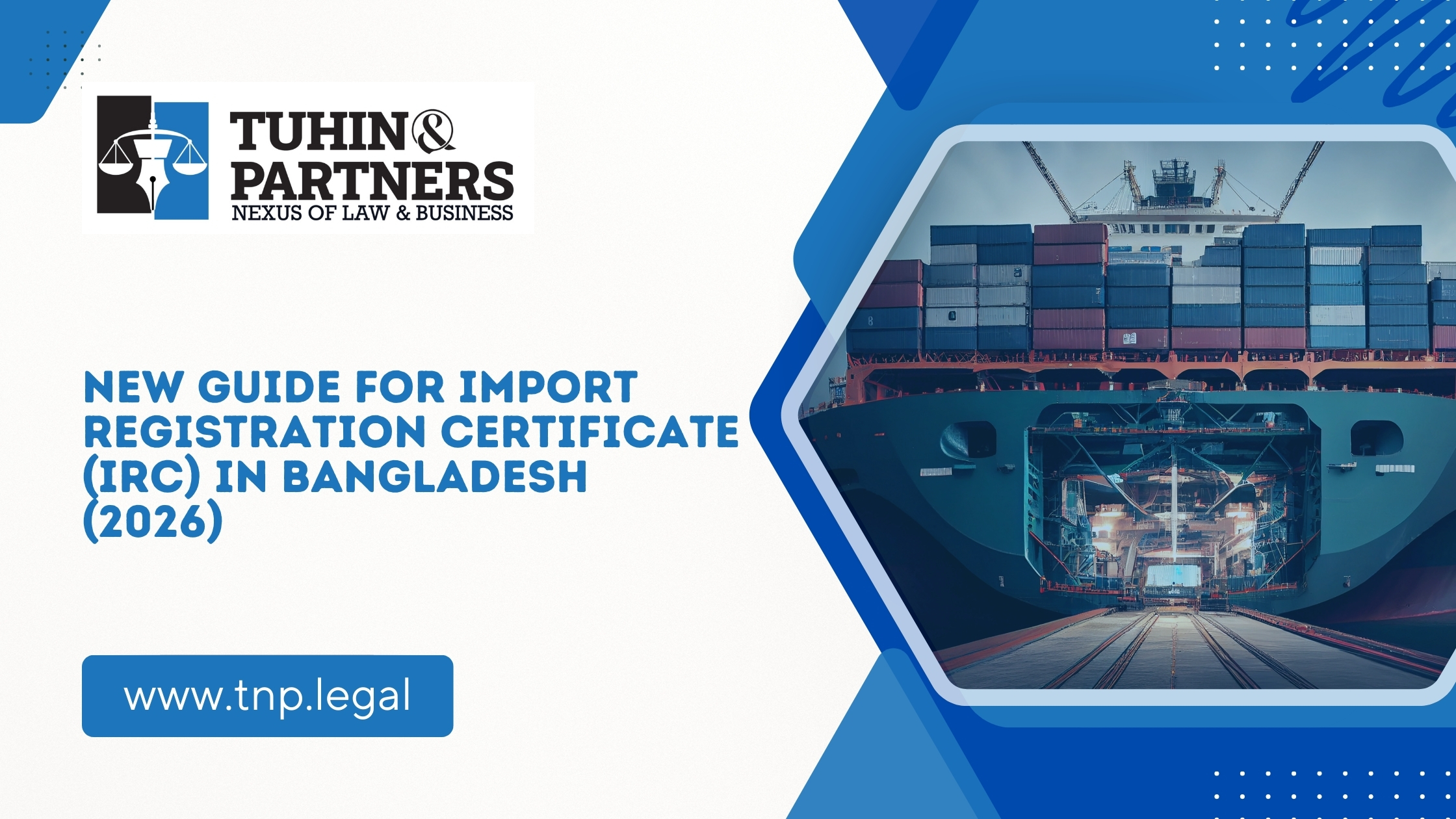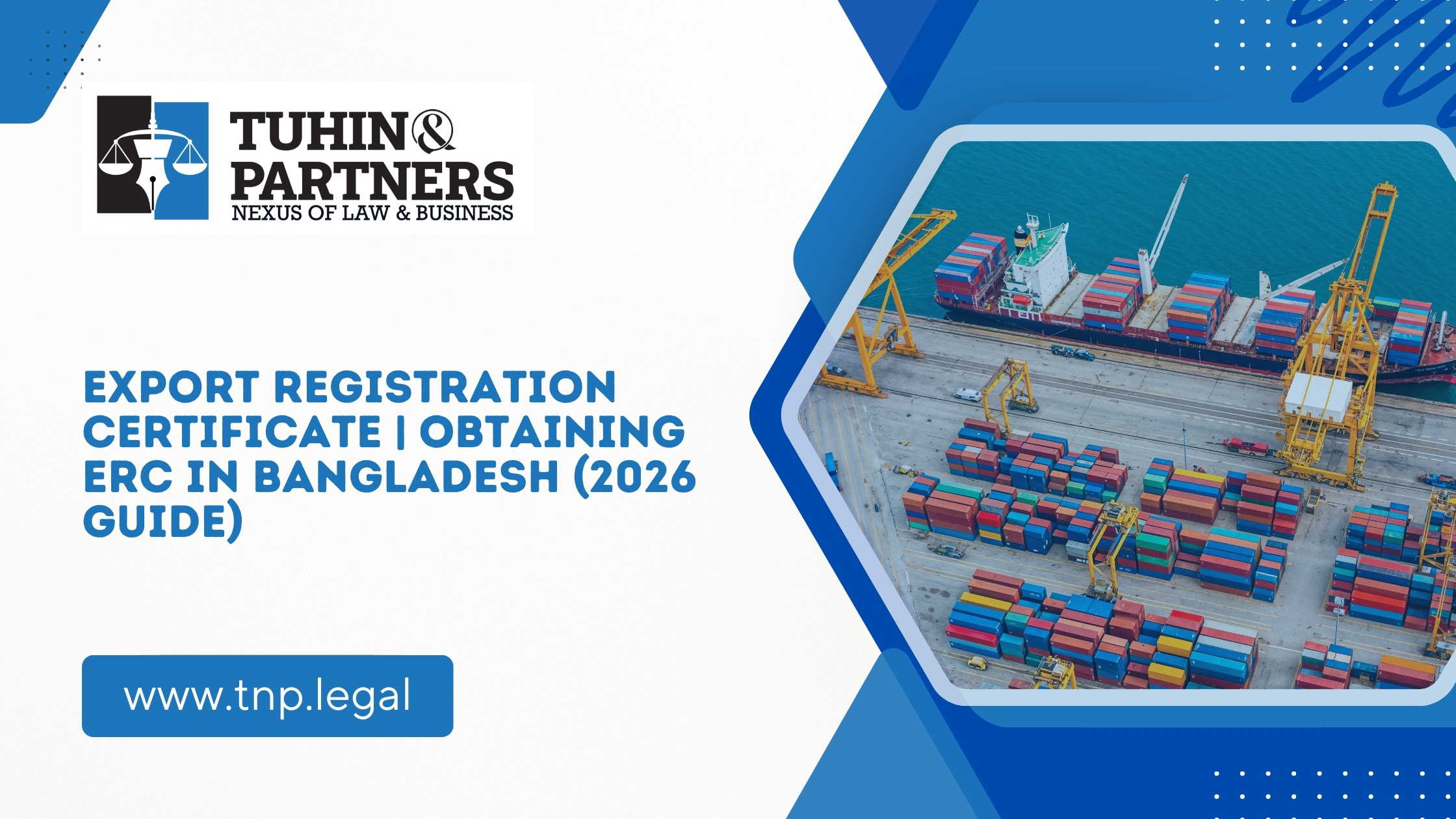Bangladesh investment after US tariffs is emerging as a top strategy for global investors and supply chains. As U.S. tariffs on Chinese and Indian exports reshape trade, Bangladesh offers a favorable legal environment, strategic location, and a competitive manufacturing base. Those seeking alternatives to China and India now see Bangladesh as a prime destination.
Bangladesh Investment After US Tariffs: Disrupting Chinese and Indian Supply Chains
In August 2025, the United States increased tariffs on Indian goods from 25% to 50%. This was due to India’s ongoing purchases of Russian oil. (Trump raises India tariffs to 50% over Russian oil purchases, 2025) This change has significantly affected Indian exporters, especially in textiles and chemicals. Because of this, U.S. buyers are seeking other sources.
Bangladesh secured a 20% reciprocal tariff on exports to the U.S., effective August 7, 2025, following negotiations with the U.S. Trade Representative. (The US reduces the reciprocal tariff on Bangladesh to 20% from 35%, 2025) This rate is much lower than the 60% on Chinese goods and the new Indian tariffs, giving Bangladeshi producers a clear advantage. (Higher US tariffs on India, China could divert up to $2.32b export orders to Bangladesh, says Zahid Hussain, 2025) The agreement also helps Bangladesh diversify trade and reduce reliance on Chinese supply chains, making it an attractive option for companies adjusting their sourcing strategies.
Bangladesh Investment After US Tariffs: Competitive Advantages
Bangladesh Investment After US Tariffs: Manufacturing Hub
As U.S. tariff policies change, multinational corporations are investing in Bangladesh in response to the U.S. tariffs to diversify supply chains beyond China and India. Bangladesh stands out as a strategic alternative, offering economic resilience, competitive advantages, and a robust legal framework for foreign investors.
For businesses aiming to reduce risk and pursue growth, considering Bangladesh is now essential. Recent trade policies have changed the cost-benefit analysis for Asian sourcing. U.S. tariffs on Indian goods have risen to 50%, and longstanding 60% tariffs remain on Chinese goods. Exporters in sectors such as textiles and chemicals are facing increased pressure. As a result, U.S. buyers are seeking more stable and cost-effective options.
Bangladesh provides several key advantages for investors. These include: (1) a mature and diversifying manufacturing base led by the ready-made garment industry and expansion into pharmaceuticals, shipbuilding, electronics, leather goods, and fisheries; (2) sustainability leadership, boasting the highest number of LEED-certified factories worldwide; and (3) greater resilience due to domestic sourcing in knitwear, which helps reduce exposure to complex Rules of Origin linked to Chinese inputs.
A Robust Legal Framework for Foreign Investment
Bangladesh has enacted comprehensive legislation to create a secure and predictable environment for foreign capital. Key legal instruments include:
- · The Foreign Private Investment (Promotion and Protection) Act, 1980: Guarantees non-discriminatory treatment for foreign investors and ensures the full right to repatriate profits and capital.
- · The One-Stop Service Act, 2018: Streamlines bureaucratic processes for business registration and operation, significantly reducing administrative delays.
- · The Foreign Exchange Regulations Act 1947 : Provides transparent governance for currency exchange, ensuring investors can manage capital flows effectively.
- · The Bangladesh Investment Development Authority (BIDA) Act, 2016: Merged previous investment boards to create a single, powerful agency responsible for promoting and facilitating private investment.
- · The One-Stop Service Act, 2018: Streamlines bureaucratic processes for business registration and operation, significantly reducing administrative delays.
- · The Foreign Exchange Regulations Act, 1947: Provides transparent governance for currency exchange, ensuring investors can manage capital flows effectively.
Bangladesh is also a signatory to numerous bilateral investment treaties and a member of the Multilateral Investment Guarantee Agency, providing additional layers of investor protection. (Bilateral Investment Treaties, 2021)
Bangladesh’s location between South and Southeast Asia provides strategic access to regional and global markets. Its role in the U.S. Indo-Pacific strategy highlights its geopolitical stability. This makes it appealing for companies aiming to reduce regional risks.
Bangladesh is recognized as one of the world’s fastest-growing economies. J.P. Morgan and Goldman Sachs forecasts place it among the top 30 by 2030. Growth is driven by strong fundamentals, a young workforce, and major infrastructure projects, such as the Padma Bridge, Dhaka Metro Rail, and Matarbari Deep-Sea Port.
Opportunities are substantial, but successful market entry requires careful navigation of Bangladesh’s legal and regulatory environment. The government also offers practical incentives to attract foreign investment.
Bangladesh Investment After US Tariffs: Key Incentives for Foreign Investors
- Economic Growth: Bangladesh has averaged 7% annual GDP growth over the past decade, demonstrating resilience and adaptability as a rising player in global markets. (Bangladesh GDP Growth Rate, 2024)
- Government Support: Pro-business policies and incentives from the Government of Bangladesh provide streamlined processes, legal protections, and fiscal benefits for investors.
- Strategic Market Access: Bangladesh’s location offers investors direct access to major regional markets such as India, China, and ASEAN. This is supported by preferential trade agreements and export policies that facilitate broader market reach and enhanced distribution capabilities.
- Workforce and Demographics: Bangladesh offers a large, young, and cost-effective workforce, with 65% under the age of 35. (World’s 8th largest workforce, 2025)
- Generous Tax Exemptions: Corporate tax holidays of five to twelve years are available, especially for projects in special economic zones or priority sectors.
- Duty-Free Imports: Export-oriented industries can import capital machinery, equipment, and raw materials duty-free, reducing upfront investment costs.
- Full Profit Repatriation: Foreign investors are guaranteed the right to repatriate all profits and capital under the Foreign Private Investment Act.
- Incentives for Zone Development: SEZ developers receive a 12-year income tax exemption and exemptions on various duties and local taxes.
- Residency and Citizenship: Investors can obtain residency permits for investments over $75,000 and may qualify for citizenship with investments above $500,000.
Bangladesh Investment After US Tariffs: Market Entry Considerations
To capitalize on these opportunities, investors should focus on key areas:
- Corporate Structure and Compliance: Meet local registration requirements under the Companies Act. Consider structuring operations within Export Processing Zones or Economic Zones to take advantage of incentives and simplified rules.
- Profit Repatriation: Profit repatriation is legally guaranteed. However, investors should consult legal advisors to ensure compliance with the Foreign Exchange Regulations Act when moving funds.
- Intellectual Property Protection: Protect corporate assets by registering trademarks, patents, and copyrights with the Department of Patents, Designs, and Trademarks.
- Labor and Compliance: Understand Bangladeshi labor laws, including minimum wage and workplace safety. Rigorous compliance is essential, especially due to international scrutiny in the RMG sector.
- Risk Mitigation: Do thorough due diligence on local partners and consider investment insurance under relevant bilateral treaties. This helps manage commercial and political risks.
For foreign investors, navigating the Bangladeshi market is essential to maximize returns and minimize risk. Engaging legal counsel with both cross-border and local expertise provides a strategic advantage.
- Immigration: Navigating the processes for obtaining visas, work permits, and other necessary documentation for foreign employees and investors.
- Property & Conveyancing: Conducting due diligence for land acquisition, managing property registration, and handling all legal aspects of real estate transactions.
- Company Incorporation: Assisting with licensing and regulatory approvals.
- Commercial Contracts: Drafting and negotiating agreements.
- Tax Advisory: Advising on optimal tax structures and incentives.
- Regulatory Compliance: Ensuring adherence to labor, environmental, and trade laws.
- Financial Transactions: Guiding clients through foreign exchange and profit repatriation processes.
The current global tariff environment is prompting businesses to reassess supply chain strategies. Investing in Bangladesh after US tariffs is increasingly attractive. Tariffs are increasing pressure on Chinese and Indian exports, which positions Bangladesh as a key beneficiary ([Trump raises India tariffs to 50% over Russian oil purchases, 2025]; [The US reduces the reciprocal tariff on Bangladesh to 20% from 35%, 2025]; [Higher US tariffs on India, China could divert up to $2.32b export orders to Bangladesh, says Zahid Hussain, 2025]).
With competitive industries, favorable tariffs, and a supportive legal framework, investing in Bangladesh after US tariffs offers a timely and strategic growth opportunity ([Bilateral Investment Treaties, 2021]; [Bangladesh GDP Growth Rate, 2024]; [World’s 8th largest workforce, 2025]). Companies that act decisively can secure a strong position in this dynamic market.
With the right legal and strategic guidance, Bangladesh offers a pathway to navigate tariff challenges and achieve sustainable long-term growth.















